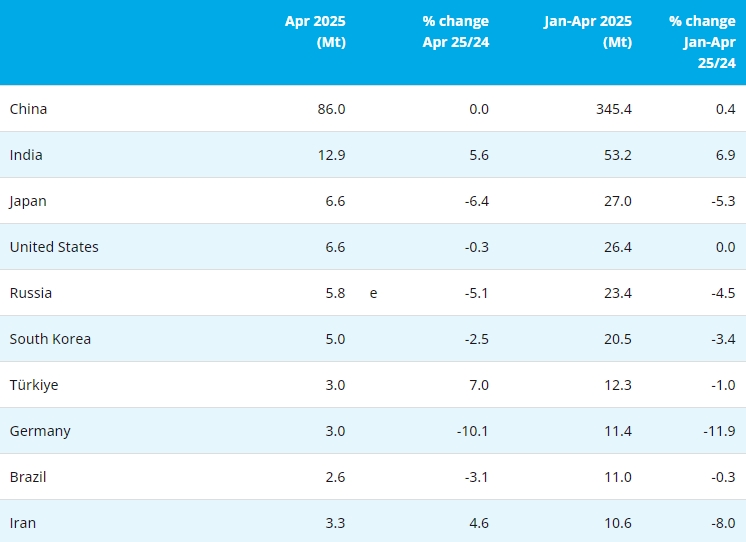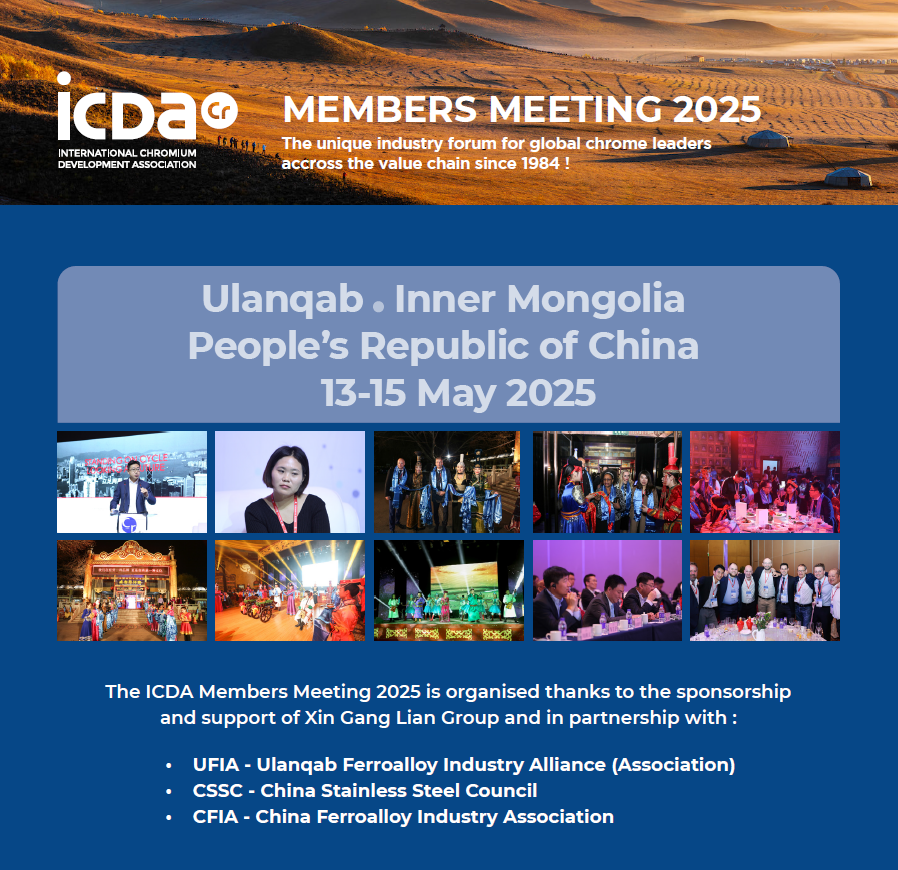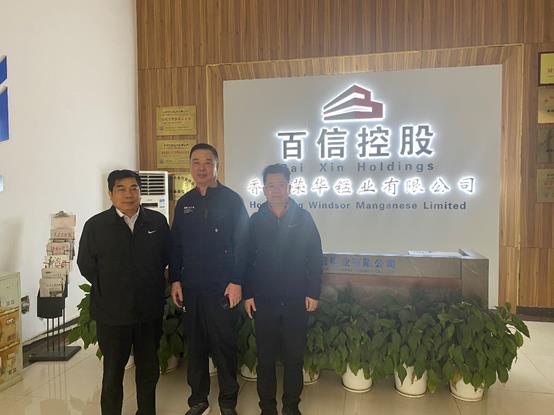It's not just Japan. Other developed countries are also concerned by China's push to curb exports of its rare earth resources. As we just heard, China is home to some of the world's largest reserves... and that's prompted calls for reforms in pricing.
Wei Jianzhong is a rare earth metals miner in Mid-China's Jiangxi Province. He says he's been suffering from a lack of negotiation power on prices for long.
Wei Jianzhong, Rare Earth Metals miner, Jiangxi Prov.,said, "The prices of rare earth metals are not decided by miners, basing on costs and reasonable profit margins. They are decided by buyers. "
The reason is simple....the rare earth metals trade has become a buyers' market. More than 100 miners in China compete fiercely for a handful of international buyers, forcing rare earth metals to be sold dirt-cheap.
Wei Jianzhong, Rare Earth Metals miner, Jiangxi Prov.,said, "If your competitor decides to sell at a below-cost price just for a deal, you cannot beat him. For example, it costs 100 yuan but they sell at 90 yuan."
The competitive pricing has left China's rare earth metals mining industry reeling. From 1990 to 2005, China's rare earth metals export volume increased 10 times but average prices tumbled by two thirds.
Rare earth metals are used in superconductors, hybrid cars and other high-tech devices.
CeO2 is used in various metallurgical and nuclear applications. Its cost per kilogram is 18 yuan, or cheaper than pork.
China has realized over-exploitation and lack of supervision is to blame for dwindling prices.
The US has the second-largest reserves of rare earth metals in the world but has sealed mining sites. Japan also has enough reserves of rare earth metals to last for two decades. –CCTV.com
Copyright © 2013 Ferro-Alloys.Com. All Rights Reserved. Without permission, any unit and individual shall not copy or reprint!
- [Editor:editor]



 Save
Save Print
Print Daily News
Daily News Research
Research Magazine
Magazine Company Database
Company Database Customized Database
Customized Database Conferences
Conferences Advertisement
Advertisement Trade
Trade







 Online inquiry
Online inquiry Contact
Contact

Tell Us What You Think